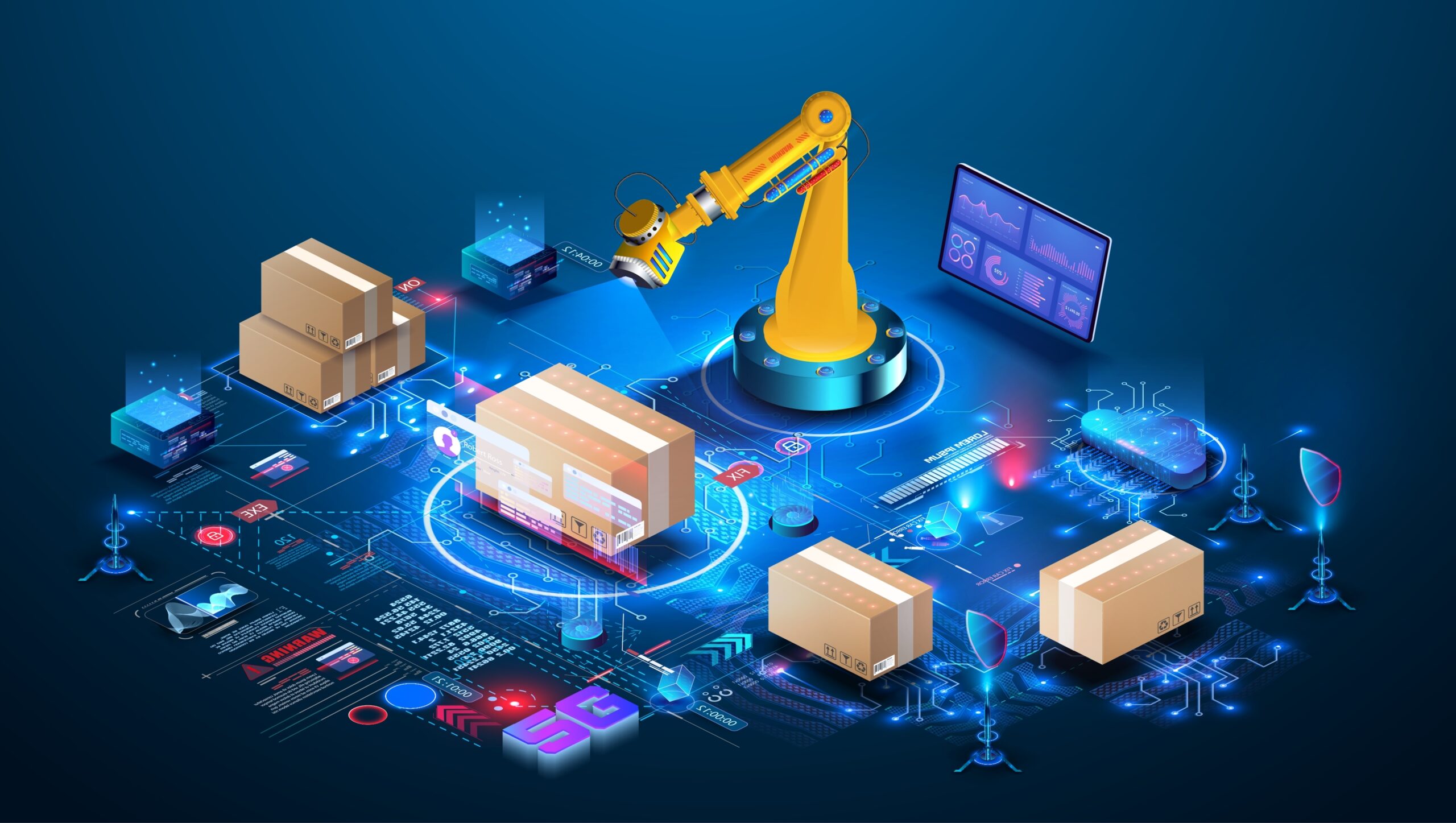Revolutionizing Supply Chains with AI
The world of supply chain management is undergoing a revolution thanks to the power of artificial intelligence (AI). This transformative technology is changing the way companies manage their supply chains, making them more efficient, cost-effective, and responsive to customer demands.
One of the key ways in which AI is revolutionizing supply chains is through predictive analytics. By analyzing vast amounts of data, AI can forecast demand, optimize inventory levels, and identify potential disruptions before they occur. This enables companies to make more informed decisions and better allocate resources, leading to smoother operations and reduced costs.
AI is also being used to automate routine tasks in supply chain management, such as order processing, inventory tracking, and logistics planning. By freeing up human workers from these mundane tasks, companies can focus on more strategic activities that add value to the business. This not only increases efficiency but also boosts employee morale and retention.
Another way in which AI is transforming supply chains is through the use of autonomous vehicles and drones. These technologies can be used to transport goods more quickly and efficiently than traditional methods, reducing lead times and improving customer satisfaction. They also have the potential to reduce costs and carbon emissions, making supply chains more sustainable in the long run.

Image Source: nats.ca
AI is also being used to enhance visibility and transparency in supply chains. By tracking products in real-time and providing instant updates to stakeholders, companies can improve traceability, reduce the risk of counterfeiting, and ensure compliance with regulations. This not only builds trust with customers but also helps companies respond quickly to any issues that may arise.
In addition, AI is enabling companies to create more personalized and responsive supply chains. By analyzing customer data and market trends, companies can tailor their products and services to meet individual needs and preferences. This not only increases customer satisfaction but also drives growth and competitiveness in the market.
Overall, the impact of AI on supply chain management is undeniable. By revolutionizing the way companies plan, execute, and optimize their supply chains, AI is driving innovation, efficiency, and sustainability across the industry. As companies continue to embrace this transformative technology, the future of supply chain management looks brighter than ever before.
Unleashing Innovation in Logistics
In the ever-evolving world of supply chain management, the role of logistics cannot be underestimated. Logistics is the backbone of any successful supply chain, responsible for the movement of goods from point A to point B in the most efficient and cost-effective manner. With the advent of artificial intelligence (AI), logistics is being transformed in ways that were once thought impossible. The impact of AI on logistics is truly revolutionary, unleashing a wave of innovation that is reshaping the industry for the better.
One of the key ways in which AI is revolutionizing logistics is through the use of predictive analytics. By analyzing vast amounts of data in real-time, AI algorithms are able to predict potential bottlenecks in the supply chain and proactively address them before they become a problem. This not only saves time and money but also ensures that goods are delivered in a timely manner, keeping customers happy and satisfied.
Another way in which AI is transforming logistics is through the use of autonomous vehicles. From self-driving trucks to drones, AI-powered vehicles are revolutionizing the way goods are transported. These vehicles are able to navigate complex routes with ease, avoiding traffic congestion and optimizing delivery times. This not only reduces the risk of accidents but also improves the overall efficiency of the supply chain.
AI is also making waves in the world of inventory management. By analyzing data on consumer trends and purchasing behavior, AI algorithms are able to predict demand for certain products and optimize inventory levels accordingly. This reduces the risk of overstocking or stockouts, ensuring that products are always available when customers need them. Additionally, AI-powered robots are being used in warehouses to pick and pack orders more efficiently, further streamlining the logistics process.
Furthermore, AI is revolutionizing last-mile delivery, which is often the most expensive and time-consuming part of the supply chain. By leveraging machine learning algorithms, companies are able to optimize delivery routes, reducing delivery times and costs. AI-powered drones and robots are also being used for last-mile delivery in urban areas, further improving efficiency and reducing carbon emissions.
In addition to these practical applications, AI is also driving innovation in the way logistics companies operate. By leveraging AI-powered platforms and tools, companies are able to streamline their operations, reduce costs, and improve customer service. For example, AI-powered chatbots are being used to provide real-time updates to customers on the status of their orders, reducing the need for human intervention and improving the overall customer experience.
Overall, the impact of AI on logistics is truly transformative. By leveraging the power of AI, companies are able to streamline their operations, reduce costs, and improve customer satisfaction. From predictive analytics to autonomous vehicles to inventory management, AI is revolutionizing the way logistics is done. The future of logistics is bright, thanks to the innovative possibilities that AI brings to the table.
The Role of AI in Revolutionizing Supply Chain Management